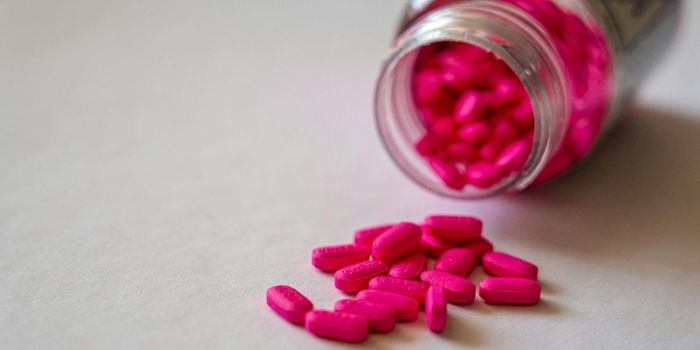Mental Health Among Medical Students
Medical school is incredibly difficult to get through for most students. The workload, patient assignments, and 36-hour hospital shifts are a trial by fire to make competent physicians out of students.
Many medical students experience stress-related illness, depression, anxiety, and other health issues during their time in medical school. The problem is that the competition is fierce and many students do not feel as if they can ask for help for mental health conditions.
In a study published in JAMA in 2016, researchers at Brigham and Women's Hospital in Boston conducted a meta-analysis of 200 studies of medical students and mental health. The scientists looked at data from 129,000 students in 47 countries. They found that nearly one in four medical students will suffer from depression. One in ten students will attempt suicide. That rate is twice the prevalence of depression in the general population of that age group. What is more significant is that due to the stigma of mental illness and the intense pressure-cooker atmosphere of medical school, only 16% of students who showed signs of mild to moderate depression sought help for their condition.
Managing mental health during medical school is essential. Following a study plan that is conducive to focusing and retaining information is just part of the picture. Another part of maintaining mental health, however, also includes taking time away from studying to allow the brain to process the newly learned information. Using this away time for exercise, seeing friends and family, or engaging in a hobby is great and should be done. Practicing yoga or meditation can also help decrease stress levels. When it comes down to it, however, seeking help and guidance from a mental health professional is often the best course of action.
University of Michigan medical student Rahael Gupta knows very well how severe depression can impact a student in medical school. In her second year of medical school at U-M, Gupta was active, studying hard and doing her best. She was high achieving student who had earned undergraduate and graduate degrees from Columbia and Stanford. She was failing a class, and when she sought academic advice, her professor saw that she was struggling mentally, not just with the class work. It was the first time someone had suggested to Gupta that her mental health could be at stake.
Gupta acknowledged that her depression had gotten so bad that she considered taking her own life. After a period away from the school where she sought treatment, she returned but found that many physicians were hesitant to offer a residency to a student who had been treated for mental illness. In an editorial published in JAMA Network early in 2018, entitled "I Solemnly Share" Gupta detailed her struggle with mental illness in an effort to spread awareness of the stressors medical students and physicians face, but often do not mention to others. Gupta wrote, "As an aspiring physician, I may be committing self-sabotage by telling my story. I admit openly that I am just as vulnerable to the elements of life as are my future patients, hoping that others will do the same."
Gupta also produced a film, including 30 other physicians and staff at U-M, that deals with the stressful parts of medical school, and the difficulty students face asking for help. Check it out below.
Sources: University of Michigan JAMA Network, JAMA









